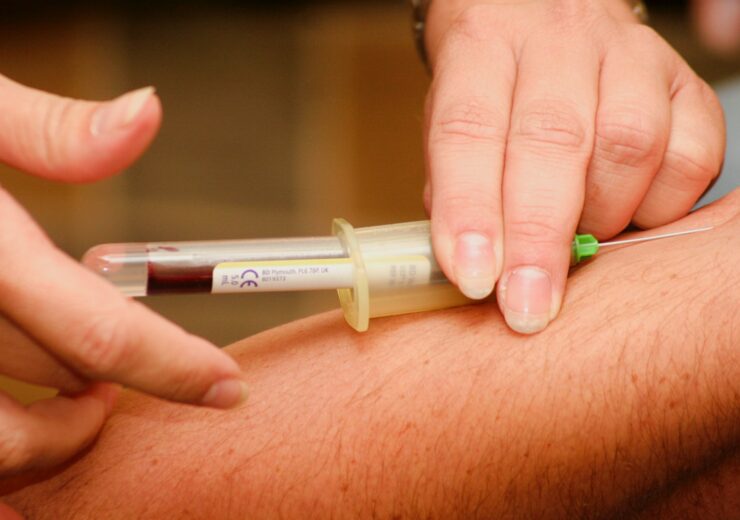The HYLA Blood Sensor is designed to offer continuous, real-time blood data collection and analysis and is said to be superior against conventional blood gas analyser systems commonly used in hospitals

Inspira Technologies announces superior accuracy with HYLA Blood Sensor. (Credit: Hush Naidoo Jade Photography on Unsplash)
Israel-based Inspira Technologies said that its team of experts has achieved 95% accuracy with the HYLA Blood Sensor line compared to standard blood gas analysers.
The HYLA Blood Sensor is designed to offer continuous, real-time blood data collection and analysis.
According to Inspira, the device is set to upgrade the intensive care unit (ICU) operations.
HYLA is intended to improve patient care with critical insights and alerts thus enhancing medical procedures and device efficiency.
The non-invasive device is said to be superior compared to conventional blood gas analyser systems used in hospitals, which usually need intermittent blood draws.
The production of the first HYLA variant signals a key step toward its submission under a 510(k) pathway with the US Food & Drug Administration (FDA), which is anticipated in the second half of 2024.
The sensor technology was filed to the FDA in September 2023 with the expectation that it would be cleared in the first half of 2024. It is intended to be combined with the company’s INSPIRA ART100.
This development also represents Inspira’s potential debut in the disposables industry.
Inspira Technologies CEO Dagi Ben-Noon said: “With our sensor technology, we are not only enriching our INSPIRA ART device line but also forging a path into the disposables market, setting the stage for groundbreaking developments in healthcare.”
HYLA’s features include compatibility with various medical procedures like cardiopulmonary bypass, extracorporeal membrane oxygenation, continuous renal replacement therapy, and dialysis.
Furthermore, the blood sensor is designed to support ICU and operating room environments. It is also built to complement existing medical devices, targeting open-heart surgery patients globally.
Inspira has used hospital partnerships and internal lab testing to conduct clinical research and development for the HYLA Blood Sensor line.
This helped to define the Blood Sensor’s disposable components and operations in conjunction with HYLA’s planned razor blade business model.
The Israeli firm plans to provide a Blood Sensor variant as a stand-alone device, despite its primary design being for INSPIRA ART devices.
